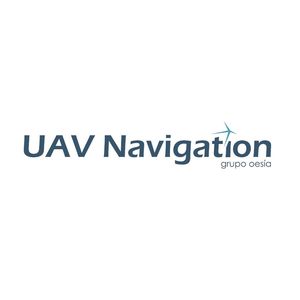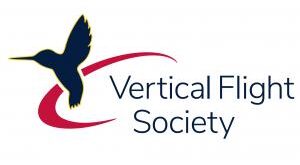In a significant milestone for the DEGREE project, UAV Navigation-Grupo Oesía, a leading Spanish company specializing in guidance, navigation, and control systems for RPAS/UAS, has successfully conducted flight tests to validate the performance of the EGNSS receiver developed under the project, funded by EUSPA and led by Qascom in collaboration with UAV Navigation-Grupo Oesía, Acorde and EuroUSC.
As a result of the increasing demand for commercial applications for UAS and to harmonize the U-Space, technology development and European Union investments in GNSS receivers, we are now focusing on the requirements related to the specific category of UAS operations in terms of the security and safety of the navigation subsystems. Based on this situation, the DEGREE project supports this strategy and is focused on the development of a cutting-edge Galileo dual-frequency GNSS receiver intended to achieve optimum performance and take advantage of the EGNSS. This allows the leverage of several differentiators to safely integrate UAS into non-segregated airspace and the U-Space.
The successful flight tests conducted by UAV Navigation-Grupo Oesía validated the DEGREE receiver’s performance for a relevant scenario. As GNSS-based navigation becomes increasingly crucial in our daily lives, resilient-based navigation using state-of-the-art anti-jamming and anti-spoofing algorithms, including the integration of Open Service E1 OSNMA, has undergone extensive testing, including flight tests to assess the system’s effectiveness against potential GNSS threats.
Sergi Dueñas Pedrosa, DEGREE Project Manager from Qascom, outlined the rigorous testing approach, stating, “A huge effort has been exerted by each member of the consortium to make these flight tests happen. The DEGREE receiver is a step closer to becoming a product thanks to this extensive and rigorous test campaign, demonstrating the performance of the technologies developed in a meaningful scenario. When a product is being developed, it is normal to use simulators to assess performance. However, it is only when transitioning to real-world scenarios that you realize how far or how close you are to delivering a product to address genuine problems. In this regard, UAV Navigation-Grupo Oesía has been crucial and an excellent partner to collaborate with”.
The European consortium’s overarching goal is to enhance the capabilities of Galileo for users globally, addressing the critical reliance on navigation data for various operations. UAV Navigation-Grupo Oesía continues to be at the forefront of developing innovative technology, playing a pivotal role in creating a better, more efficient, safer, and more sustainable world through its commitment to advancing GNSS technologies.
The DEGREE project is funded by the European Union/EUSPA (under the grant GSA/GRANT/07/2019 “Development of a drone-borne double frequency Galileo receiver”). The content of this publication only reflects the author’s view, and EUSPA is not responsible for any use that may be made of the information it contains. The DEGREE consortium comprises Qascom (as the prime contractor), UAV Navigation-Grupo Oesía, Acorde and EuroUSC (as subcontractors).
 Unmanned Aerial Vehicle The latest drone news
Unmanned Aerial Vehicle The latest drone news



